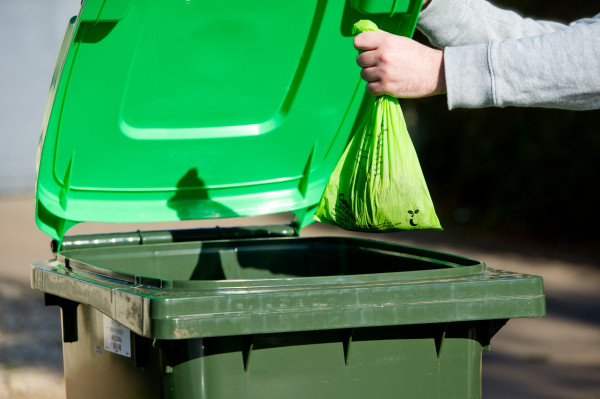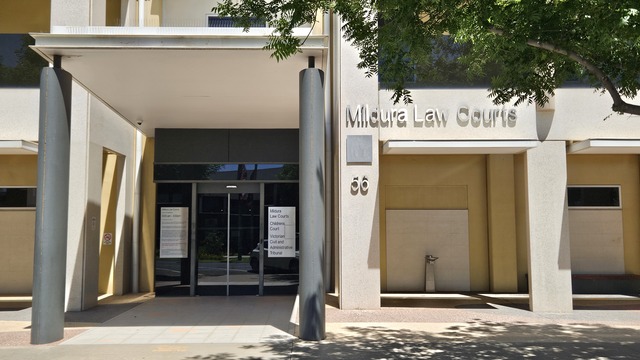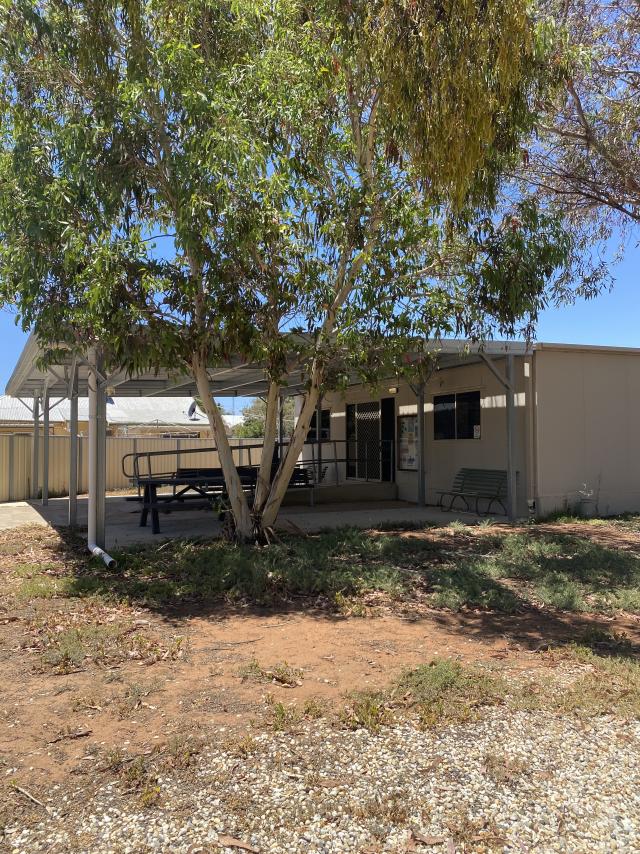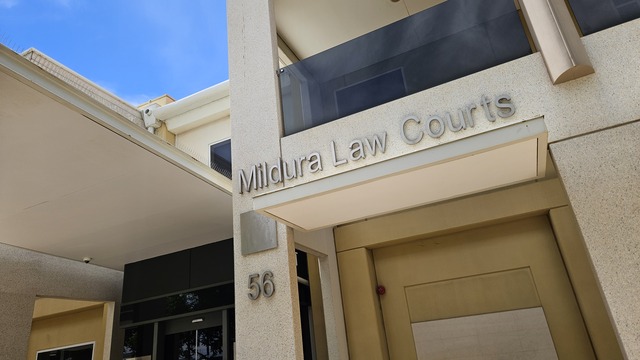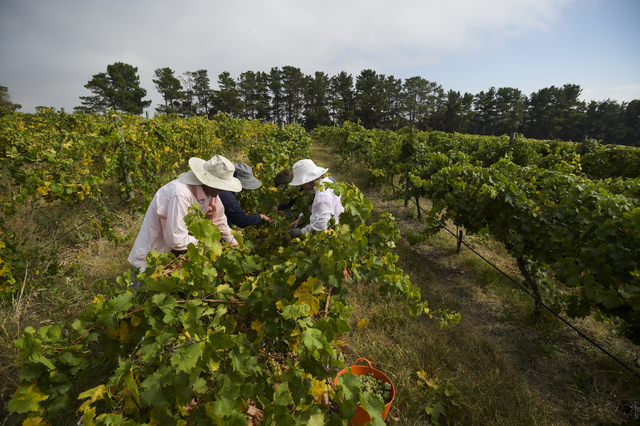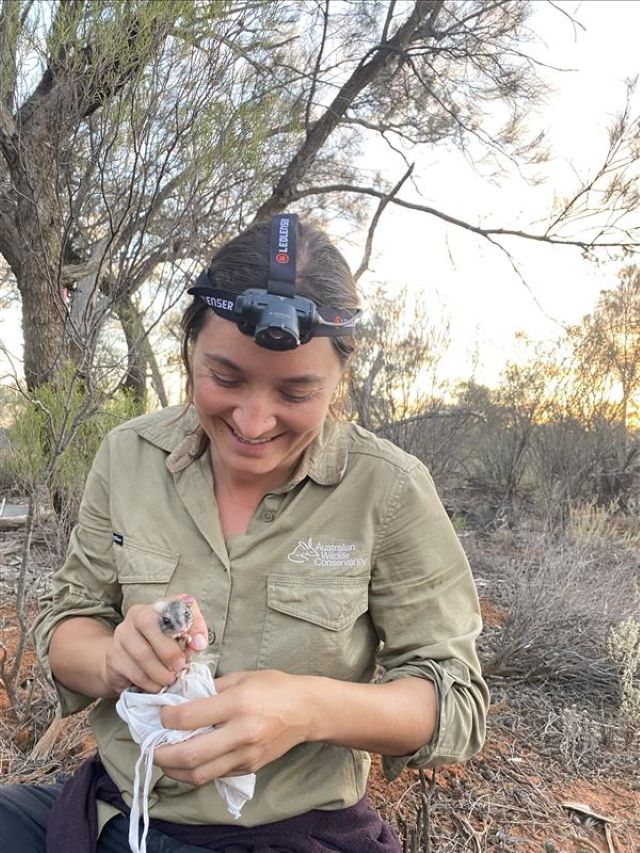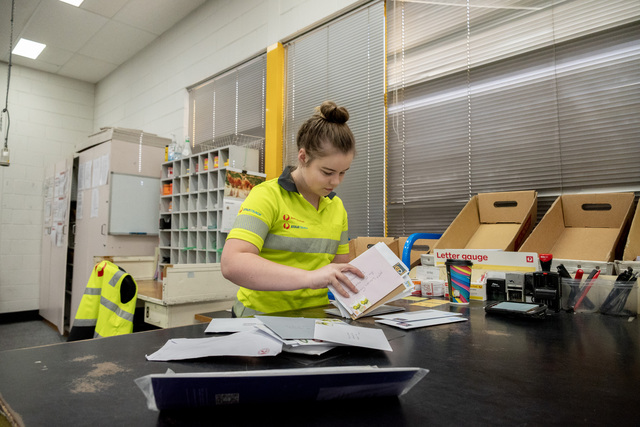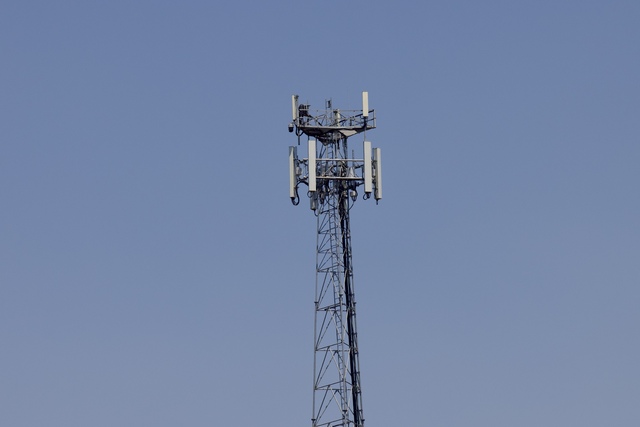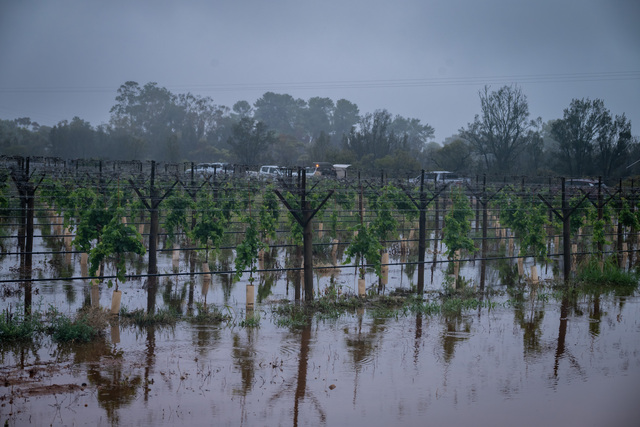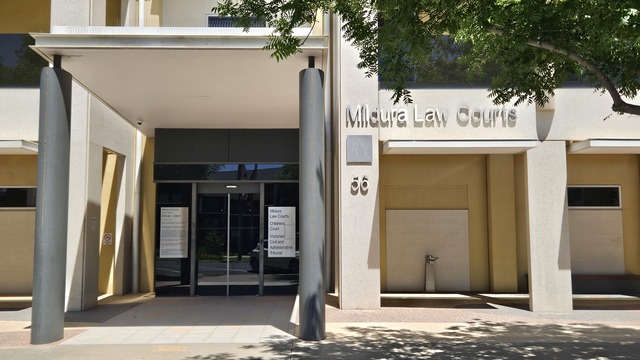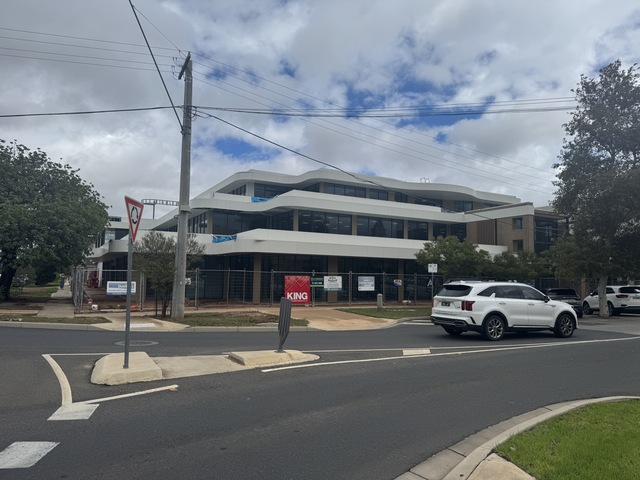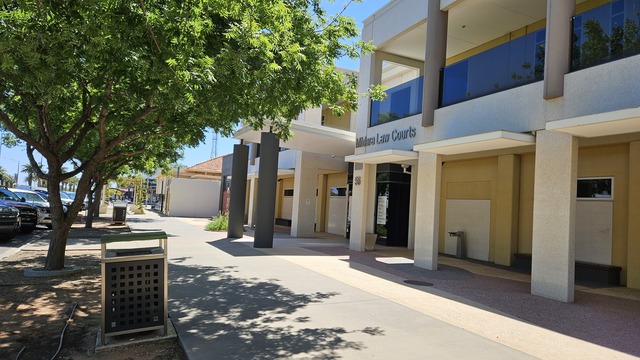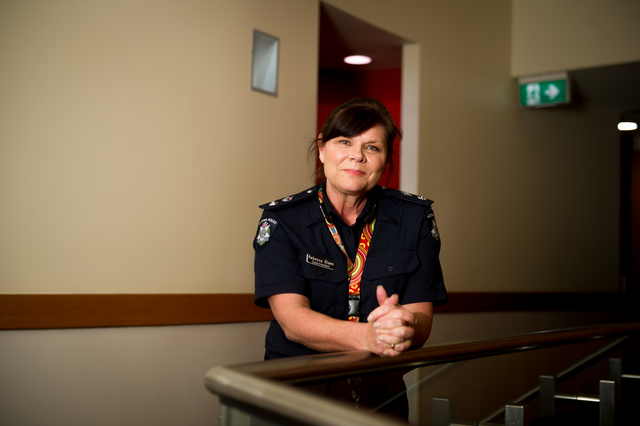IF you want to talk rubbish, social media is a good place to start.
And there was plenty being spilled on forums like Facebook this week following Mildura Council’s long-awaited introduction of the three-bin system.
Some residents kicked up a stink about their first collections being late, others claimed overflowing bins would litter our streets within days, while the council got hammered for imposing further rates for an unwanted service.
As with most things on social media, there were few positive messages in the whole discussion.
But this debate needs some balance.
As a rule, we humans don’t cope well with change, and it can take time, and plenty of venting, before we can fully process how our lives will be impacted.
Think back to when free plastic bags were banned from supermarkets here in Victoria. Social media lit up as rational shoppers everywhere wondered how they would manage. They questioned why on earth they had to help save the earth when all they wanted to do was buy the milk and bread? The conspiracy theorists went as far as accusing the supermarkets of collusion, claiming it had nothing to do with the environment and everything to do with cost-cutting.
But a couple of years down the track, we’ve survived, haven’t we?
It didn’t end our worlds to do our bit for the world, did it?
It could be much the same with this new three-bin system.
While I’ve got my worries with two little kids still in nappies, if COVID-19 has taught us anything, it’s that we can adapt to a new normal quicker than we thought.
So in our home this week we have embraced our new waste strategy.
Suddenly, the majority of what we throw out is going into a little biodegradable bag rather than our general waste bin.
It’s amazing how much of our daily waste is actually organic and, in a weird way, I’m actually feeling the better for it. We all should be.
Mildura Council collected more than 131 tonnes of organic waste through its kerbside green bins in the first three days.
That’s a lot of waste being diverted from landfill.
And, as we all adjust our habits, that figure will only grow, which has to be a good thing for the environment.
Before the COVID-19 crisis hit, becoming the major talking point in the world, talk was about climate change, so if we need to make some adjustments for future generations, then changing our waste habits isn’t a huge sacrifice, is it?
The main point of conjecture with residents is the general rubbish collection being changed from weekly to fortnightly, while the new food waste-organics green bin will be collected weekly.
It’s a valid point, but this system works well in a number of other municipalities, so it’s just a matter of re-educating ourselves to dispose of rubbish in a different way.
Organic waste includes food scraps, dairy products, bread, rice, pasta and cereal, seafood and shells, meat, poultry and bones, egg shells, coffee grounds, tea bags, pizza boxes, paper towels and tissues, as well as garden waste.
That is the bulk of our general waste, so it actually sounds manageable when you break it down.
Perhaps rather than talk garbage, we should embrace a better way of disposing it.
It mightn’t stink as much as many people fear.

